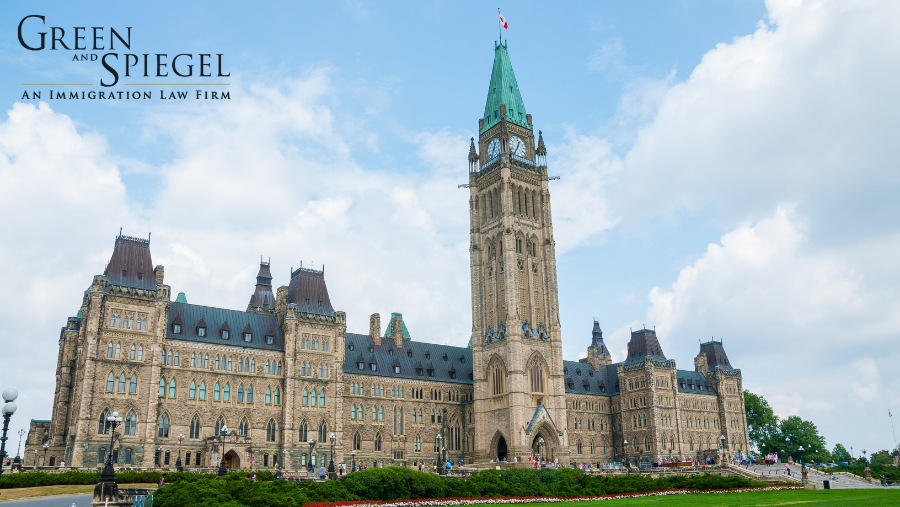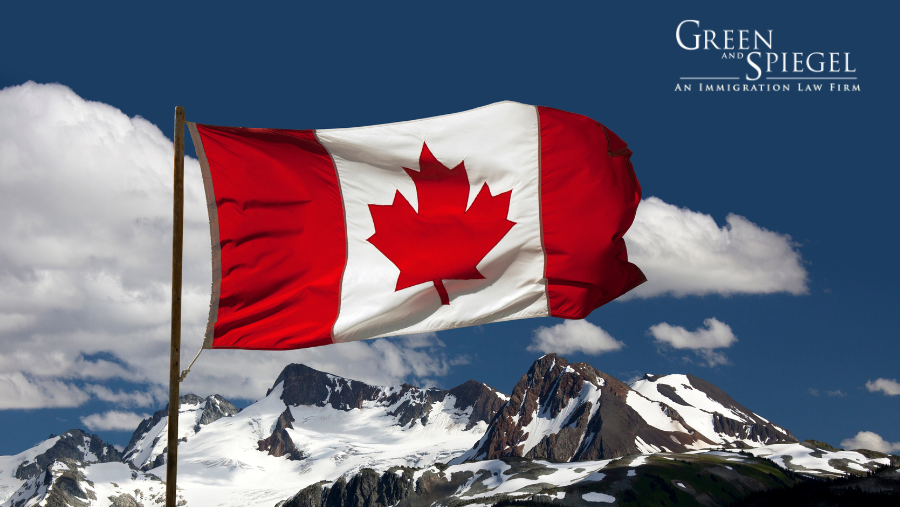According to the new agreement, the United States-Mexico-Canada Agreement (USMCA) intends to “REPLACE the 1994 North America Free Trade Agreement with a 21st Century, high standard new agreement”.
The good news is that the North America Free Trade Agreement (NAFTA) in some form or another will be preserved. Those currently on NAFTA work permits and those hoping to obtain work permits and temporary entry as business visitors pursuant to a trade agreement with the United States and Mexico can still do so.
The bad news is that the opportunity to modernize the approaches to assessing temporary entry of business persons was not taken. Those hoping that the professionals list of occupations would be expanded will be disappointed. There were no significant changes to the content of Chapter 16 on “Temporary Entry for Business Persons”. This chapter maintains the status quo.
While the economy and business models have changed over the past 24 years, the definition of business person and obligations with respect to the temporary entry of business persons as well as the list of professionals permitted to engage in work activities is unchanged. No occupations were added or removed from Appendix 1603.D.1. USMCA will continue to allow professionals from the same 63 specific occupations such as Accountants, Computer Systems Analysts, Economists, Engineers, Hotel Managers, Librarians, Management Consultants, Social Workers, Dentists, Doctors, Registered Nurses, Animal Breeders, Astronomers, Geologists, Poultry scientists and a host of other professionals to enter Canada and work in those occupations without the requirement of a Labour Market Impact Assessment (LMIA). New occupations in environmental science and Information Technology were not added to the list, meaning these professionals have to obtain work authorization through an LMIA or other exemption.
The scope of business activities were not expanded to promote economic growth and increased competitiveness. Business activities permissible under USMCA remain limited to research and design, growth, manufacture and production, marketing, sales, distribution, after-sales service, commercial transactions, public relations and advertising, tourism and tour bus operation. Business activities were not expanded to include technical or training service. Those activities will require work authorization.
Chapter 16 did not provide any clarification or common criteria to definitions and interpretations with respect to business persons. For example, no clear definition of “specialized knowledge” in respect of intra-company transferees was provided, which will continue to result in inconsistency and uncertainty in adjudication.
The Working Group provisions remain in place to establish a group of representatives from all three countries to meet annually to develop measures to facilitate temporary entry of business visitors. One added provision is related to the review of the use of technology related to process applications. This is likely in relation to the increased use of technology such as biometrics, artificial intelligence and data sharing provisions. We hope that the Working Group meetings will be a forum to revisit the occupations list and regularly update it to reflect current economic labour market trends.
USMCA will take effect three months after the last party member ratifies the agreement domestically. Those currently working in Canada under NAFTA work permits (intra-company transfer, trader, investor, professional) can remain and work until the expiration of their current work permits. Once USMCA takes effect, new work permits and business entry pursuant to USMCA will replace the NAFTA work permit. We anticipate that the process will remain the same to obtain work authorization. In terms of Chapter 16 and temporary entry of business persons, USMCA is essentially NAFTA by another name.
As USMCA moves on to the next steps of approval, we continue to monitor the situation and evaluate the details of the agreement. For now, the status quo remains and the temporary entry of Mexican and American business persons to Canada remains the same.
More information about Chapter 16 can be found here. Should you have any questions about NAFTA or USMCA, please contact us.




